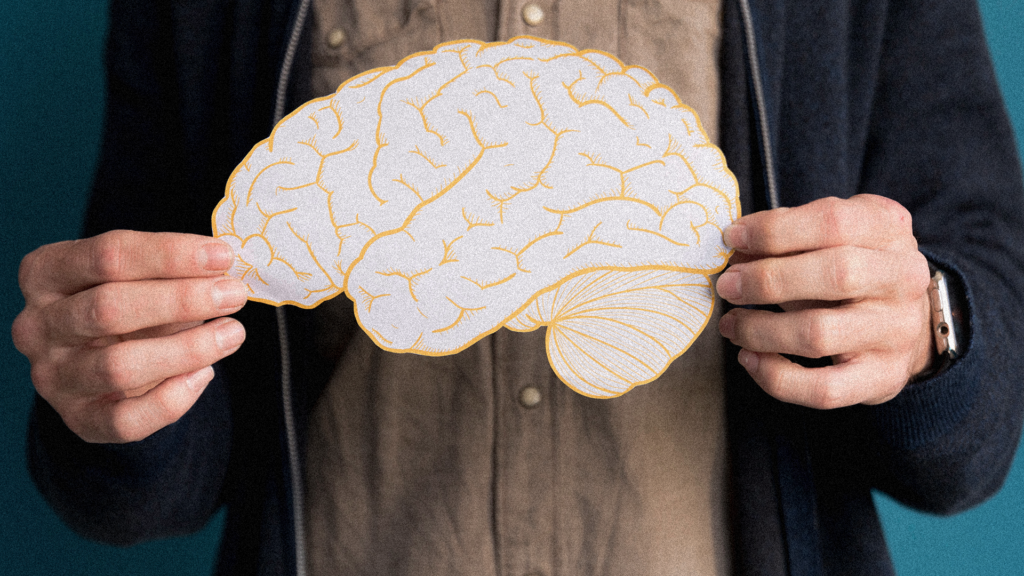What is Neuroplasticity, and why is it important?
Neuroplasticity is the brain’s ability to modify connections and change its activity in response to stimuli, basically “re-wiring” itself. So, what does this mean?
A quick breakdown of neuroplasticity
Essentially, our brains are more flexible than we think. Neuroplasticity allows our brains to develop from childhood to adulthood, and is why our brains can heal after a TBI or stroke. Although full recovery isn’t always possible, the brain can still work on healing.
While neuroplasticity is vital for recovery from neurological events, it’s also relevant to our day-to-day lives.
Have you ever thought, “I’d love to get better at this skill or form this new habit, but I’m just not wired that way.” Neuroplasticity is here to prove you wrong! We have a surprising amount of power to reshape our thoughts and habits.
Take the pandemic as an example. Our brains respond to sudden changes in our environment. Most people had to make shifts to their lifestyle by going out less and remembering to bring masks when they went out. For some, finding new ways to use their time after the loss of a job.

Most people experienced some lifestyle change in 2020, and we adapted because of neuroplasticity.
Neuroplasticity allows programs like HappyNeuron Pro to work on different areas of cognition. Repeated practice of cognitive skills may lead our brains to change. For example, regular memory exercises may improve your brain’s capacity to encode memories, and regular completion of language exercises may improve your language processing.
Takeaways
Our brains are powerful and can adapt in surprising ways. Telling ourselves stories like, “I’m not good at math” or “I’ll never learn a new language” are truly just that – stories we’ve made up. Practice and repetition can help our brains to change, so keep this in mind whether you’re recovering from a TBI, or simply trying to reach a new goal. Neuroplasticity is here to help you.









